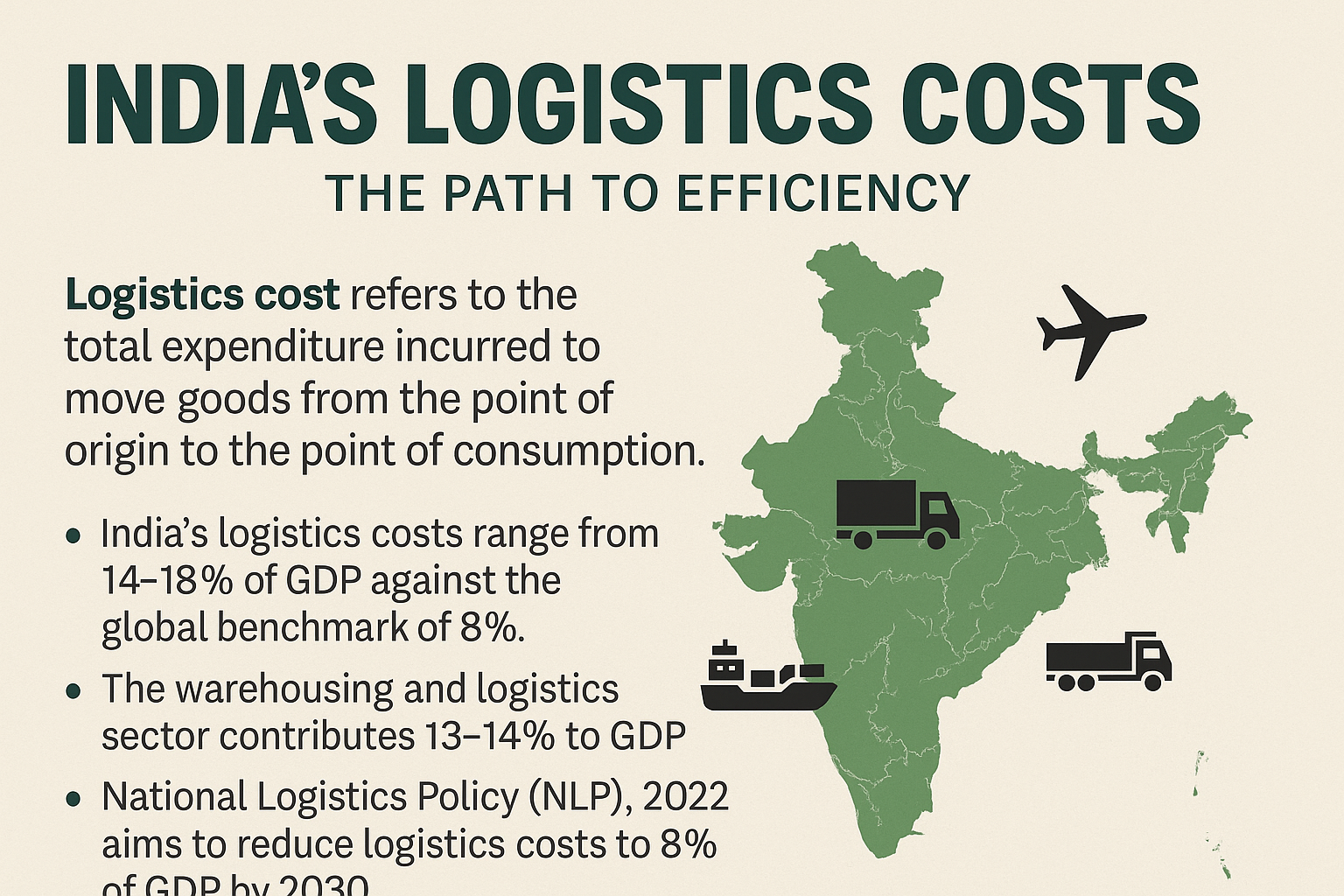050.
🗂️ Topic: International Relations / Trade Policy / Health Crisis
US Announces 10% Punitive Duty on Chinese Imports Over Fentanyl Crisis
💊 What is Fentanyl?
- Fentanyl is a synthetic opioid used medically as a powerful painkiller and anaesthetic.
- It is 50 to 100 times more potent than morphine and significantly more dangerous when misused.
- While effective for treating severe pain, it carries high risks of addiction and fatal overdose.
- Fentanyl overdoses can cause respiratory failure, often leading to death within minutes.
📈 Opioid Epidemic in the United States
- In 2021, the US reported over 107,000 drug overdose deaths.
- 75% of these deaths were linked to opioids, especially synthetic opioids like fentanyl.
- The crisis, which began in the late 1990s, has intensified with the rise of illicit fentanyl.
- Many victims initially became addicted through prescription opioids, later shifting to illegal alternatives.
🌐 China’s Role in Fentanyl Trafficking
- Fentanyl and its precursor chemicals are often produced in China and trafficked via Mexico into the US.
- Investigations have exposed the involvement of Chinese companies in this supply chain.
- Some reports suggest government subsidies may indirectly support the synthetic opioid industry.
- The Chinese Communist Party (CCP) has been accused of lax enforcement and oversight.
🇺🇸 US Response: Trade and Sanctions
- In response, President Donald Trump announced a 10% punitive tariff on Chinese imports.
- This measure links economic pressure to national health security, targeting fentanyl’s foreign supply chain.
- The announcement has added strain to already fragile US-China diplomatic ties.
🕊️ Diplomatic and Geopolitical Implications
- The US has pushed for cooperation with China to control fentanyl trafficking.
- However, local authorities in China may prioritise economic gain from these industries, limiting progress.
- The tariffs are part of a broader strategic competition between the two superpowers.
🇺🇸💊 Domestic Factors Contributing to the Crisis
- Pharmaceutical over-prescription in the US has played a major role in fueling the opioid epidemic.
- Companies have been criticised for aggressive marketing of opioids without adequate warnings.
- Once addicted, many users turn to cheaper, more potent illicit drugs like fentanyl.
⚠️ Challenges Ahead
- The crisis demands a multi-pronged approach:
- International cooperation with China and Mexico on enforcement.
- Domestic reforms in prescription practices and addiction treatment.
- Public awareness and education to prevent future abuse.
- Without urgent action, the US may face continued loss of life and strained international relations.















